Causes, Clues & Solutions to Foundation Problems
One moment you enjoy living in the home you worked so hard to purchase and maintain, and the next minute, you notice your floors are squeaking and there are cracks in your foundation. This can certainly be a home owner’s worst nightmare especially if you don’t have experience in this arena and you don’t yet know the extent of the damage. Naturally, a home’s foundation is a critical element as it provides for the building’s stability and support. The minute you notice any foundation issues, it is imperative to address them immediately. If you find yourself noticing cracks in the interior or exterior of your building, read on to learn more about causes, clues and solutions to foundation problems.
Causes of foundation damage
Nothing lasts forever that isn’t affected by time and the elements. Nonetheless, with proper care and preventative measures, you can certainly extend the life of your most prized possessions and that includes your home. There are a wide variety reasons why your home has foundation problems from poor construction to the soil underneath. The four main causes of foundation problems are:
The type of soil
How much water is in the soil
Natural disasters such as earthquakes or flooding
Construction preparation
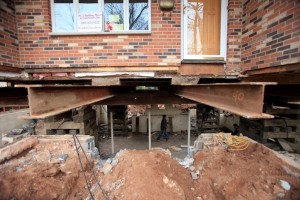
When it comes to flooding, excess rainfall can cause a lot of damage to a home’s foundation. What happens is the water causes the soil under your home to become moist, while also causing erosion. The soil can contract and expand depending on its moisture level. As this happens, it also causes your house to shift. Then, there is the problem of having poor drainage. When building a new home, many times builders skip installing a gutter to save potential home owner’s money. In end, it costs home owner’s a lot more in peace of mind and the value of their home.
If you do not have gutters or if they are improperly installed, it can lead to non-uniform foundation shifts. Soil is like of sponge–the type of soil your home is built on can really affect the foundation. To illustrate, clay soils are very sensitive to moisture and fluctuate in size. If you home is built on clay soils, the shrinking and swelling action is dramatic enough to cause foundation issues down the road.
Another potential issue is the quality of construction. Before your home’s foundation is poured, a basement or crawl space is excavated. At that point, builders normally test the soil to determine what type of foundation footing is needed to properly support the weight of your home. If the incorrect footing is installed, then your home might end up sinking or settling.
Clues of foundation problems
Here are some signs to look for to tell whether or not you have a foundation problem:
Leaning and/or cracked chimney
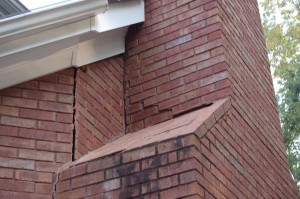
Squeaky floors
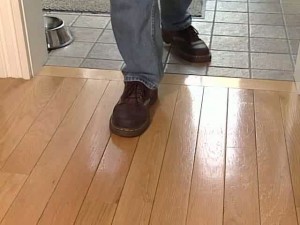
Sink holes in your yard
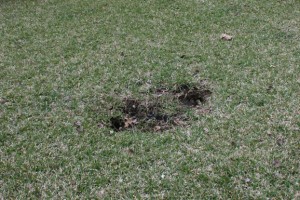
Cracked exterior bricks
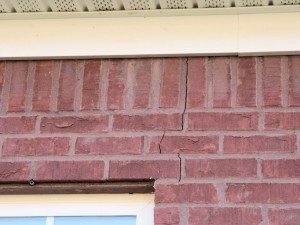
Cracked concrete blocks
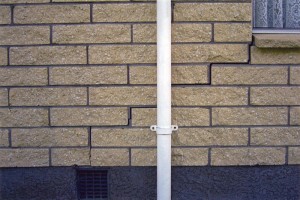
Bowed basement walls
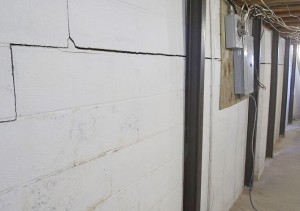
Gaps surrounding windows and doors
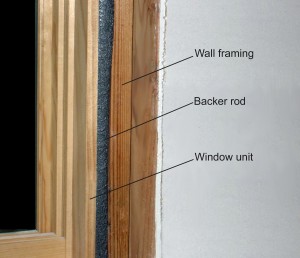
Solutions
If you are quite sure that your home needs foundation repair then you have several options. These all depend on the root cause of the problem but installation of wall anchors, push piers and shotcrete might be recommended. Push piers are round steel tubes installed under your foundation. Wall anchors help to repair bowed or cracked basement walls. In addition, shotcrete is used with wall anchors to restore your foundation walls. The good news is the sooner you address the issue, the better your repair can be. Working with a company that specializes in foundation repair is your best opportunity for restoring your peace of mind, as well as restoring the full market value of your home.

